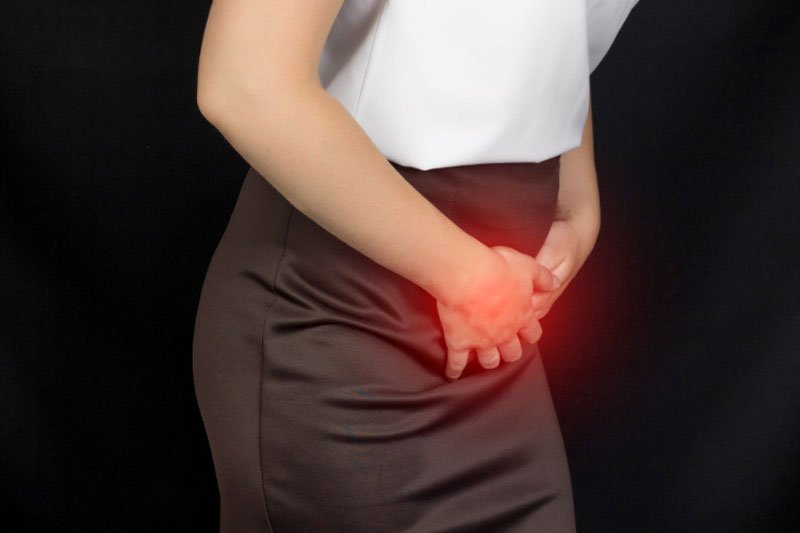Lajpat Nagar Metro Station, Block M, New Delhi, 110024
|096506 82102

Perineal Pain Treatment : An Overview
- Physical therapy exercises targeting pelvic floor muscles
- Medication management to reduce pain and inflammation
- Nerve blocks or injections to target specific areas of pain
- Minimally invasive procedures such as nerve stimulation or radiofrequency ablation
Perineal Pain - Symptoms and Treatment Recommendations?
Perineal pain can significantly impact daily life and may require medical intervention. Our specialists at Perineal Pain Clinic offer comprehensive treatment options tailored to individual needs. Perineal pain treatment may be recommended in the following situations:
- 1. Difficulty or pain with urination or bowel movements
- 2. Numbness or tingling sensation in the genital area
- 3. Persistent discomfort or pain in the perineal region
- 4. Pain during sexual intercourse or other activities involving the pelvic area
- 5.Worsening symptoms despite conservative management such as pain medications or physical therapy
- 6.Impact on quality of life, including difficulty sitting or performing routine tasks
Before undergoing treatment for perineal pain, it's essential to prepare adequately for the procedure. Here are some pre-surgical care steps:
- Consult with your healthcare provider to ensure you understand the treatment plan and any potential risks.
- Provide a comprehensive medical history, including any medications you are currently taking.
- Follow any pre-surgical instructions provided by your healthcare team, such as fasting before the procedure.
During treatment for perineal pain, you can expect the following:
- Administration of pain-relieving medication or other therapeutic interventions as determined by your healthcare provider.
- Close monitoring of your condition and vital signs throughout the treatment process.
- Effective communication with your healthcare team to address any questions or concerns you may have.
After receiving treatment for perineal pain, it's essential to follow post-treatment care guidelines to promote healing and prevent complications:
- Follow any discharge instructions provided by your healthcare team, including medication management and wound care.
- Avoid strenuous activities or heavy lifting for the recommended recovery period.
- Schedule follow-up appointments with your healthcare provider to monitor your progress and address any concerns.
Understanding Perineal Pain Management
- Pelvic floor dysfunction
- Nerve damage or irritation
- Rectal or anal conditions
- Sexual dysfunction
- Physical examination
- Medical history review
- Diagnostic tests such as MRI, CT scan, or electromyography (EMG)
- Medications such as pain relievers, muscle relaxants, or nerve pain medications
- Physical therapy or pelvic floor rehabilitation
- Interventional procedures like nerve blocks or trigger point injections
- Surgery in severe cases
